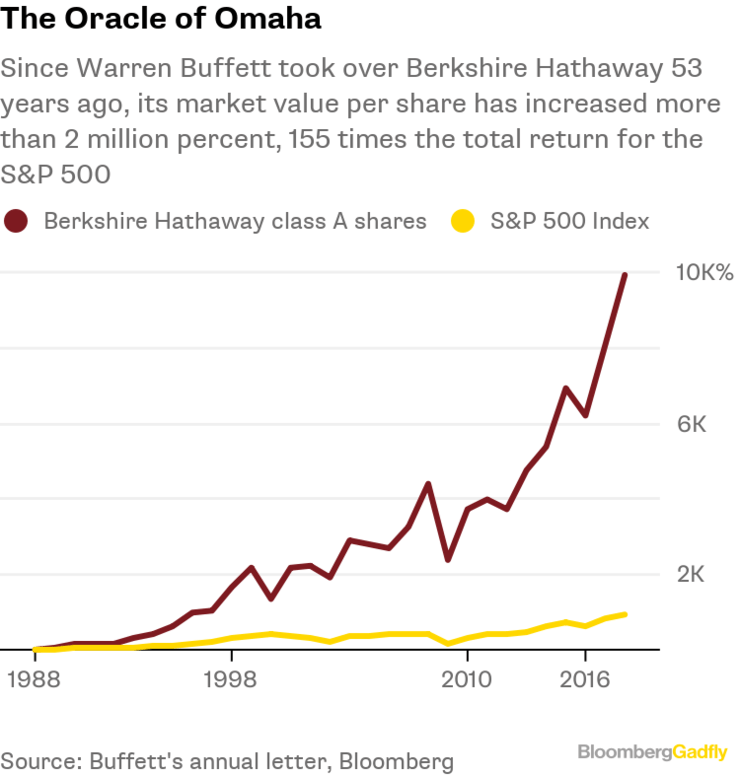Everything that’s made him the world’s most celebrated investor lines up with what we’ve learned about the tendencies of female investors.
In a 2001 study out of the University of California at Davis titled, “Boys Will Be Boys: Gender, Overconfidence, and Common Stock Investment,” researchers famously came to this conclusion:
Since men are more overconfident than women, men will trade more and perform worse than women.
Then in 2010, Vanguard Group found that men were more likely to panic and sell stock during the financial crisis, and therefore less likely to capture the beginning of the market recovery. That same year, a Boston Consulting Group report about female wealth-management clients determined that they’re generally not as “distracted by short-term performance.” Another academic study last year connected higher testosterone levels to an increased tendency to rely on intuition and reduced “cognitive reflection” in decision making.
Despite this growing body of research, women still account for only a tiny proportion of fund managers and S&P 500 chief executives. I noted last month that a 2015 analysis of the mutual-fund industry by Morningstar Inc. showed that just 2 percent of assets were managed by women, and only 2.5 percent of the funds had a woman as sole manager. Women are also less likely to manage active funds. The authors of the Morningstar paper noted that this trend is unfortunate given the “invest-with-conviction approach” seen among women, which can save clients money at a time when active funds increasingly face scrutiny over trading costs and management fees.

In researching women and value investing, I learned that there’s even a book called “Warren Buffett Invests Like a Girl: And Why You Should, Too.” As an investing self-help guide, it is what it is, but you see the point. Even though we know the connection between women and the traits of good investors, and have the ultimate example in Buffett, it’s disheartening that talk of who could be the next investor/CEO of his caliber — should there ever be another — has pretty much always carried the pronoun “he.” (Even the top candidates to eventually replace Buffett as head of Berkshire Hathaway have all been men.)
Of course, there are other star male value investors, such as Seth Klarman and Jeremy Grantham, who possess characteristics like Buffett’s, and therefore, like many women. But Buffett is alone in building a conglomerate and portfolio of the size and with the unshakable standing of Berkshire — still the biggest non-tech company in the world — and admiration for him remains unmatched.

It doesn’t help that women in investing have often had to confront sexism, and at times sexual harassment, while trying to climb the ranks in “boys’ club” environments. According to a Wall Street Journal article this week, Abigail Johnson, CEO of Boston-based Fidelity Investments (and granddaughter of the founder), is trying to rehabilitate the culture within its stock-picking unit, including the treatment of women, following accusations of sexual harassment and other bad behavior.
Buffett, for his part, isn’t helping either with his usual off-color analogies, especially in TV appearances and his annual letter, as fans look to imitate his ways. Consider thiscomment he made on CNBC a year ago, and to a female anchor no less:
If a lady says no, she means maybe. And if she says maybe, she means yes. And if she says yes, she’s no lady.
Women have all the makings of the next great investor, if only we would stop holding them back. It can start with Buffett himself.
source: Bloomberg

